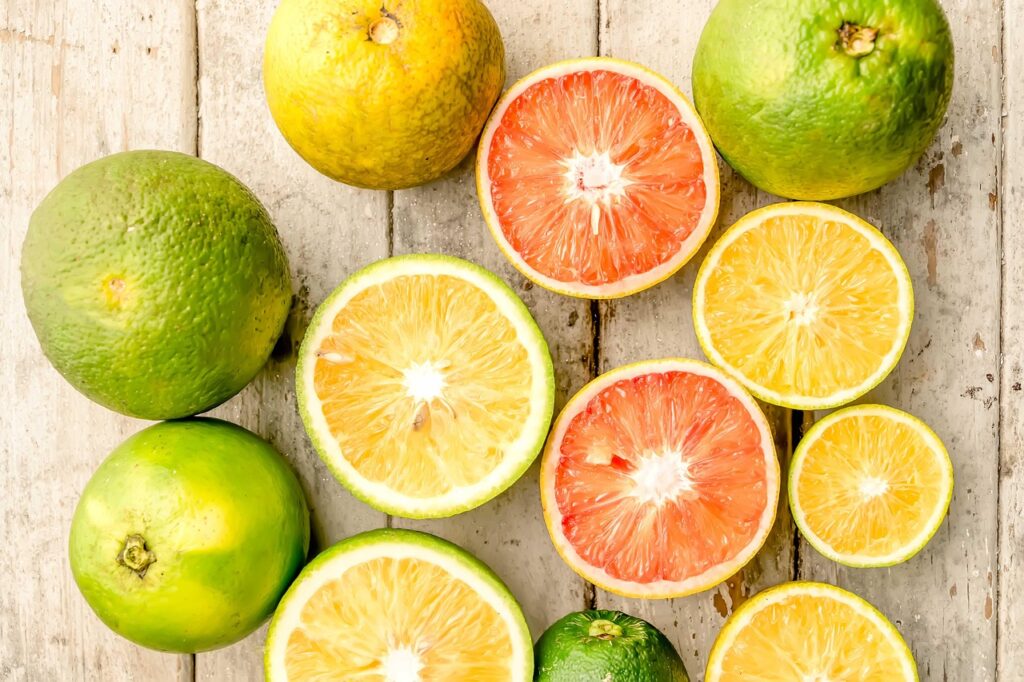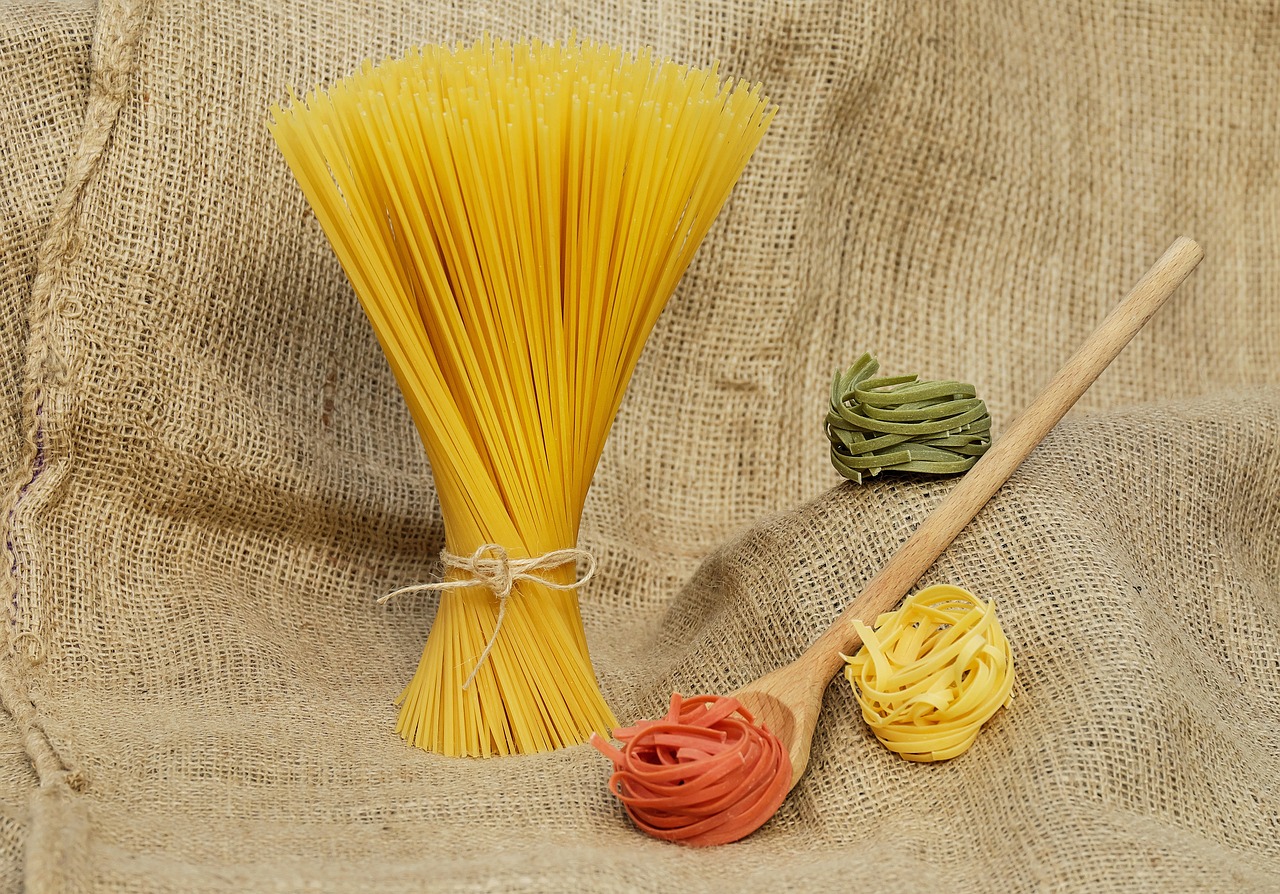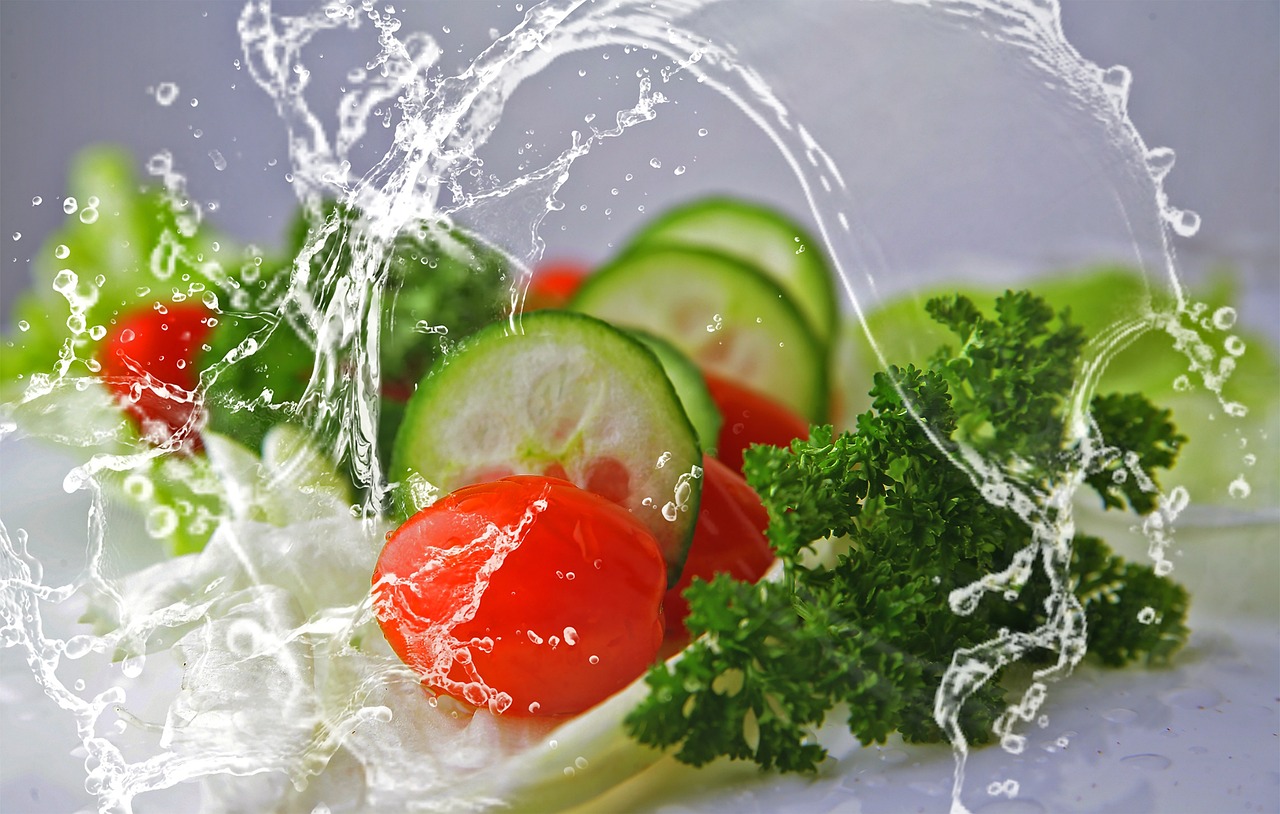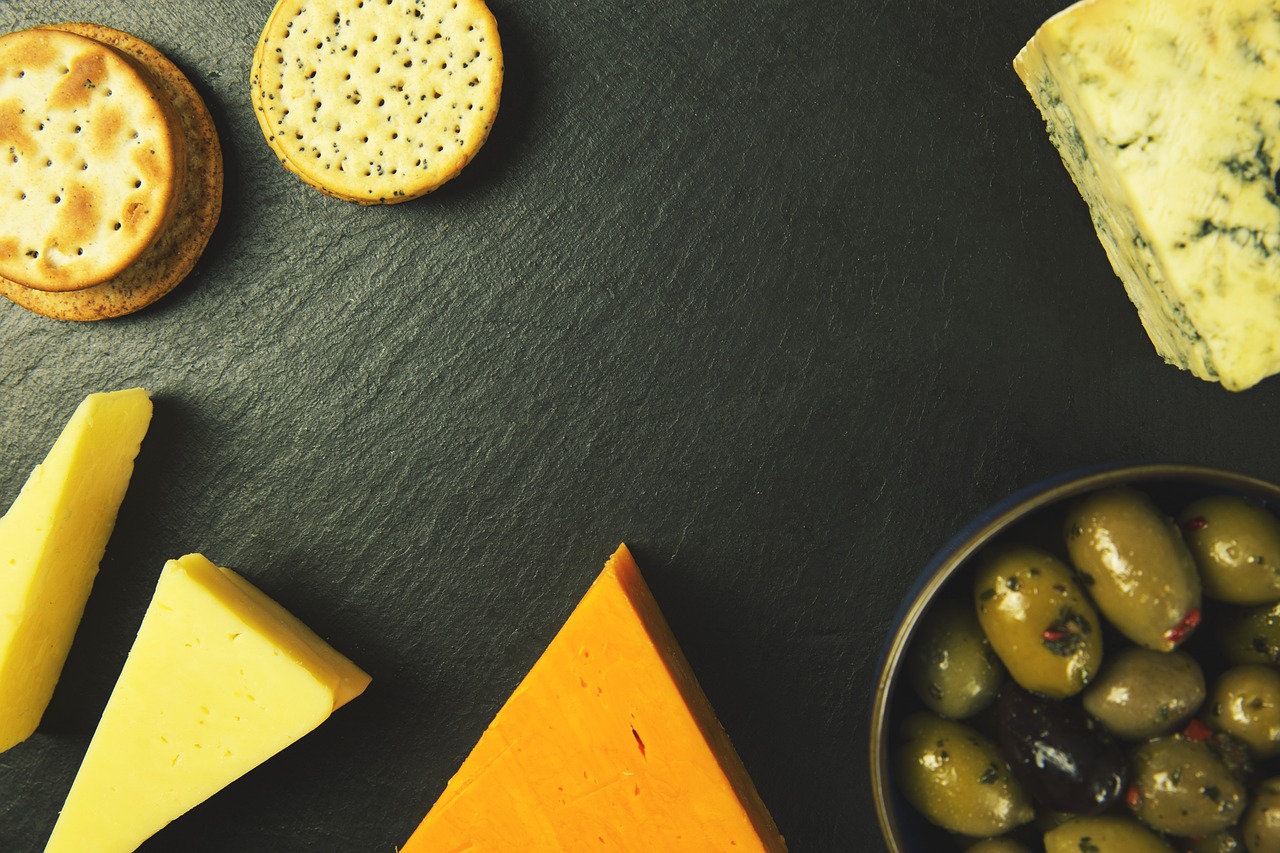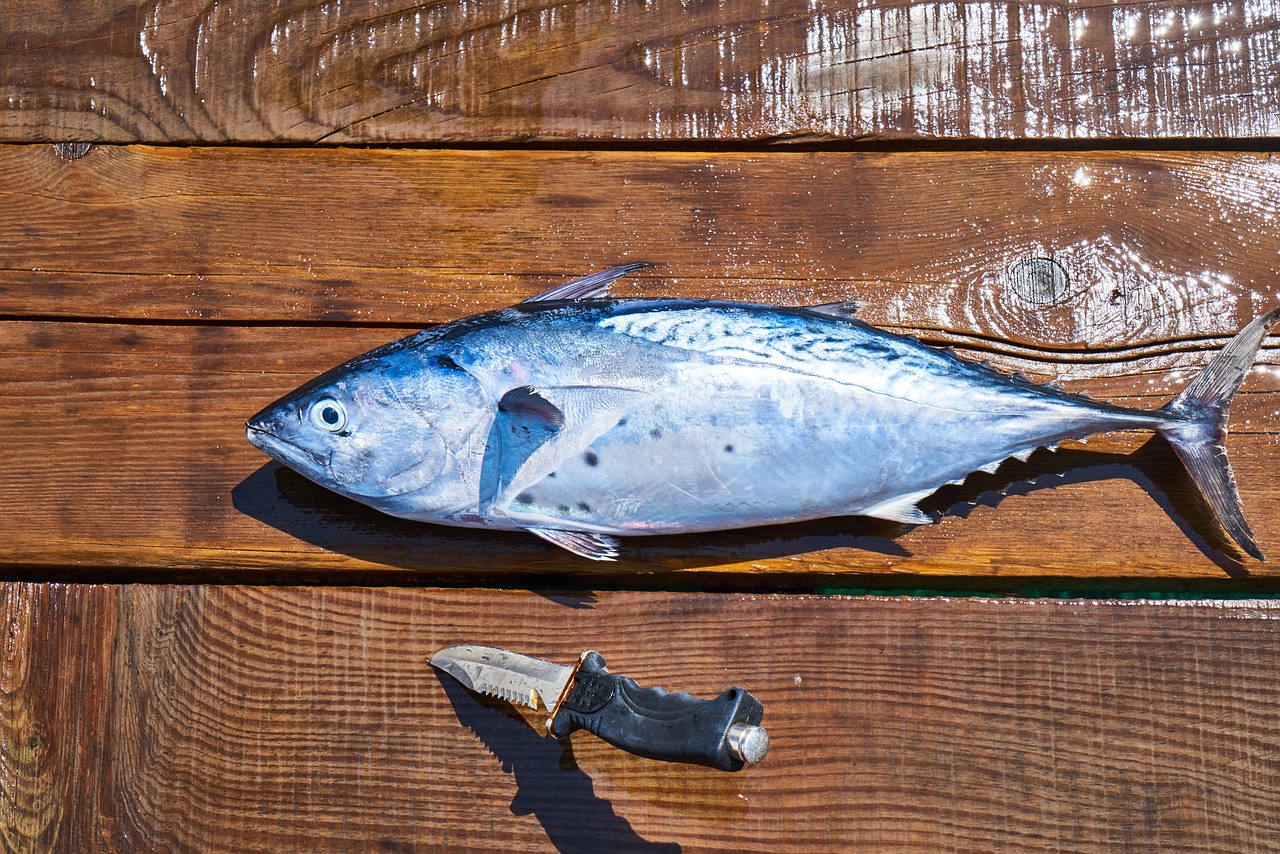As winter’s chill settles over Eastern Europe, a burst of color and flavor from the Mediterranean arrives to brighten both plates and palates: citrus fruits. At Moon Keks, we take pride in bridging the sun-drenched orchards of Spain, Italy, and North Africa with the winter tables of Lithuania, Poland, Estonia, and beyond. These vibrant fruits not only add a refreshing touch to winter cuisine but also pack a powerful nutritional punch, making them an essential part of a healthy winter diet.
The Citrus Family: A Spectrum of Flavors
Citrus fruits offer a diverse range of tastes and uses:
- Oranges: From sweet navels to blood oranges, these are winter’s natural candy.
- Lemons: Tart and versatile, they’re a kitchen staple year-round.
- Mandarins: Easy to peel and naturally sweet, they’re perfect for snacking.
- Grapefruits: With their balance of sweet and tart, they’re a breakfast favorite.
- Clementines: Small, seedless, and sweet, they’re ideal for children and adults alike.
- Limes: Though less common in Eastern Europe, they add a tropical twist to winter dishes.
Each variety brings its unique flavor profile and set of culinary applications, allowing for creativity in both traditional and modern Eastern European cuisine.
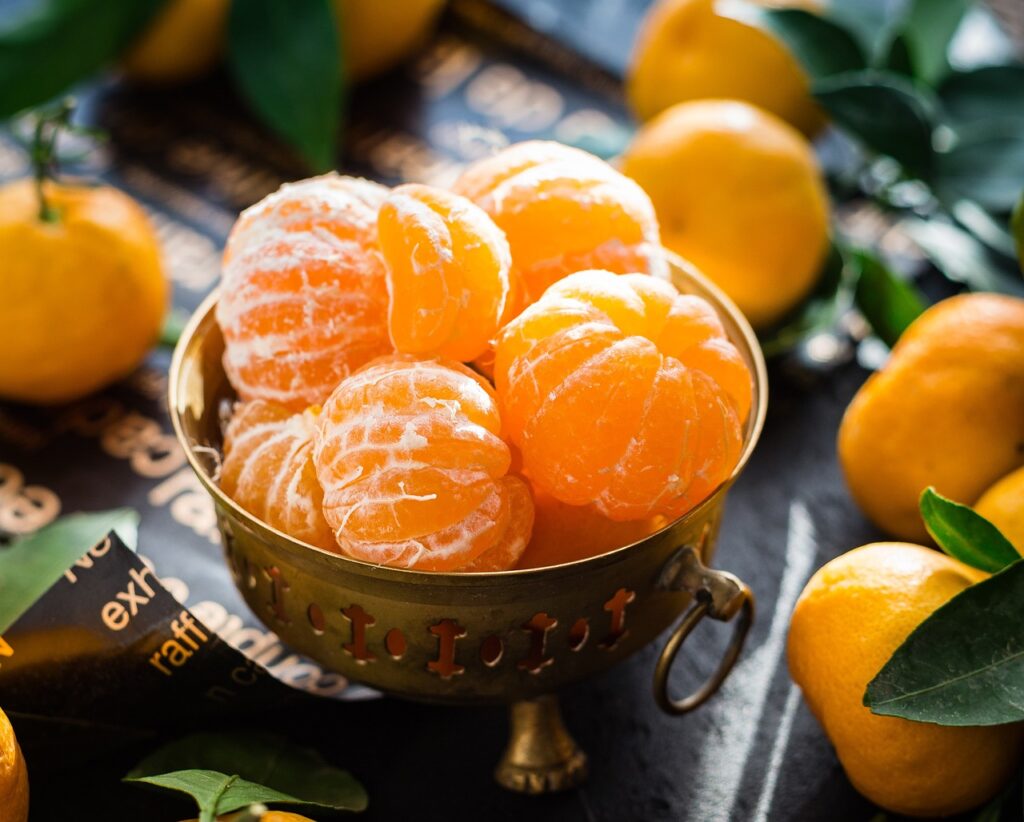
Nutritional Powerhouses: Winter’s Natural Defense
Citrus fruits are renowned for their health benefits, particularly valuable during the cold months:
- Vitamin C: Citrus fruits are one of the best sources of this immune-boosting vitamin. A single orange can provide up to 100% of the daily recommended intake.
- Flavonoids: These antioxidants help protect cells from damage and may reduce the risk of heart disease.
- Fiber: The pulp of citrus fruits is rich in fiber, aiding digestion and promoting a feeling of fullness.
- Hydration: With high water content, citrus fruits help maintain hydration, which is often overlooked in winter.
- Low in Calories: Citrus fruits are naturally low in calories, making them a healthy choice for weight management.
- Potassium: This mineral is crucial for heart health and can help balance sodium intake.
For Eastern European consumers looking to maintain health during the long winter months, incorporating citrus fruits into their diet can be a delicious and effective strategy.
From Grove to Table: The Journey of Citrus
Moon Keks takes pride in sourcing the finest citrus fruits from renowned Mediterranean regions:
- Spain: Known for its sweet oranges and juicy clementines
- Italy: Home to prized blood oranges and fragrant lemons
- Morocco: Producer of high-quality mandarins and oranges
Our dedicated team works closely with trusted growers to ensure that only the best fruits are selected. We employ state-of-the-art cold chain management to preserve the freshness and nutritional value of the fruits during their journey to Eastern Europe.
Citrus in Eastern European Culture
While not native to the region, citrus fruits have become an integral part of Eastern European winter traditions:
- Holiday Traditions: Oranges and mandarins are often given as gifts or used as Christmas tree decorations.
- Winter Desserts: Citrus zest and juice feature prominently in many traditional winter cakes and pastries.
- Hot Beverages: Lemon tea with honey is a common remedy for winter colds across Eastern Europe.
- Preserves: Homemade citrus jams and marmalades are a way to preserve the taste of winter for year-round enjoyment.
By supplying high-quality citrus fruits, Moon Keks helps maintain these cherished traditions while introducing new varieties to inspire culinary innovation.
Culinary Applications: From Traditional to Trendy
Citrus fruits find their way into a wide array of Eastern European dishes:
- Salads: Orange segments brighten up winter vegetable salads.
- Main Courses: Lemon juice adds zest to fish dishes and poultry.
- Desserts: Citrus fruits are used in everything from cakes to compotes.
- Preserves: Homemade marmalades and candied peels are winter staples.
- Beverages: From hot teas to festive punches, citrus adds flavor and vitamin C.
Innovative chefs across Eastern Europe are also finding new ways to incorporate citrus into their cuisine, creating exciting fusion dishes that blend Mediterranean flavors with local ingredients.
Storage and Handling Tips
To help our clients make the most of their citrus fruits:
- Store at cool room temperature for short-term use.
- Refrigerate for longer storage, but bring to room temperature before consuming for best flavor.
- Use within a week of purchase for optimal freshness and nutritional value.
- Zest citrus fruits before juicing to make use of the flavorful oils in the peel.
The Future of Citrus in Eastern Europe
As health consciousness grows and culinary horizons expand, we anticipate:
- Increased demand for organic and sustainably grown citrus fruits.
- Growing interest in rare citrus varieties, offering new flavors and culinary possibilities.
- Rise in citrus-based products, from premium juices to gourmet preserves.
- Greater appreciation for the role of citrus in supporting winter health.
Citrus fruits represent more than just a tasty treat in Eastern European winters; they’re a bridge between cultures, a boost to health, and a spark of culinary creativity. At Moon Keks, we’re committed to bringing the finest Mediterranean citrus to Eastern European markets, supporting both time-honored traditions and exciting culinary innovations. As we continue to expand our offerings and improve our distribution networks, we invite our partners in retail and hospitality to explore the endless possibilities these sunny fruits bring to the winter table. With every orange peeled, every lemon squeezed, we’re not just distributing fruit – we’re delivering a piece of Mediterranean warmth to brighten the Eastern European winter.
Bring the sunshine of citrus to your business this winter. Contact Moon Keks today to explore our premium Mediterranean citrus offerings and elevate your culinary creations.

